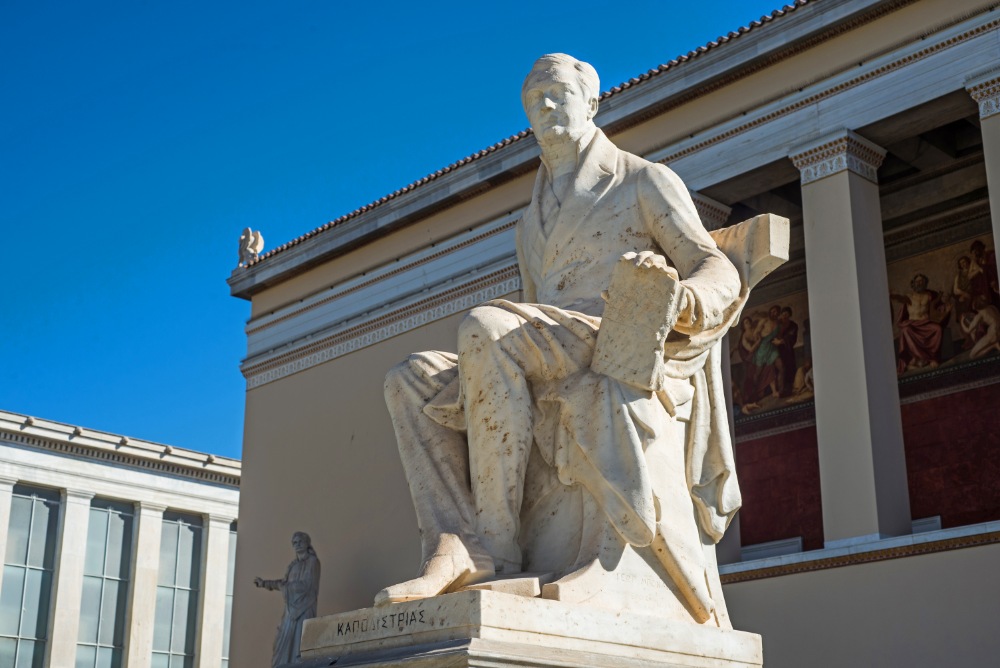A Celebration of Courage and National Pride in Greece
The “Ohi Day,” is a significant national holiday in Greece celebrated on October 28th each year. The day commemorates a pivotal moment in Greek history during World War II, marking Greece’s refusal to surrender to Axis powers, particularly Italy, in 1940. On this day, the Greek Prime Minister Ioannis Metaxas famously responded “Ohi!” (meaning “No!”) to the ultimatum presented by the Italian government, which demanded that Greek forces allow Axis troops to invade and occupy strategic positions in Greece.
This courageous decision sparked a wave of national pride and resistance among the Greek people, leading to the mobilization of the Greek military against the Italian invasion. Despite being initially outnumbered, Greek forces managed to push back the Italian army, marking one of the first successful resistances against Axis forces in Europe during the war.
Ohi Day is celebrated across Greece and among Greek communities worldwide with parades, speeches, and various events that honor the bravery and sacrifice of those who fought for their country’s freedom. Schools often hold ceremonies to educate students about the significance of the day, and traditional foods are enjoyed as families come together to celebrate their heritage and history.
Overall, Ohi Day symbolizes Greek resilience and the enduring spirit of independence, reminding future generations of the importance of standing up against oppression and the value of national sovereignty.





















